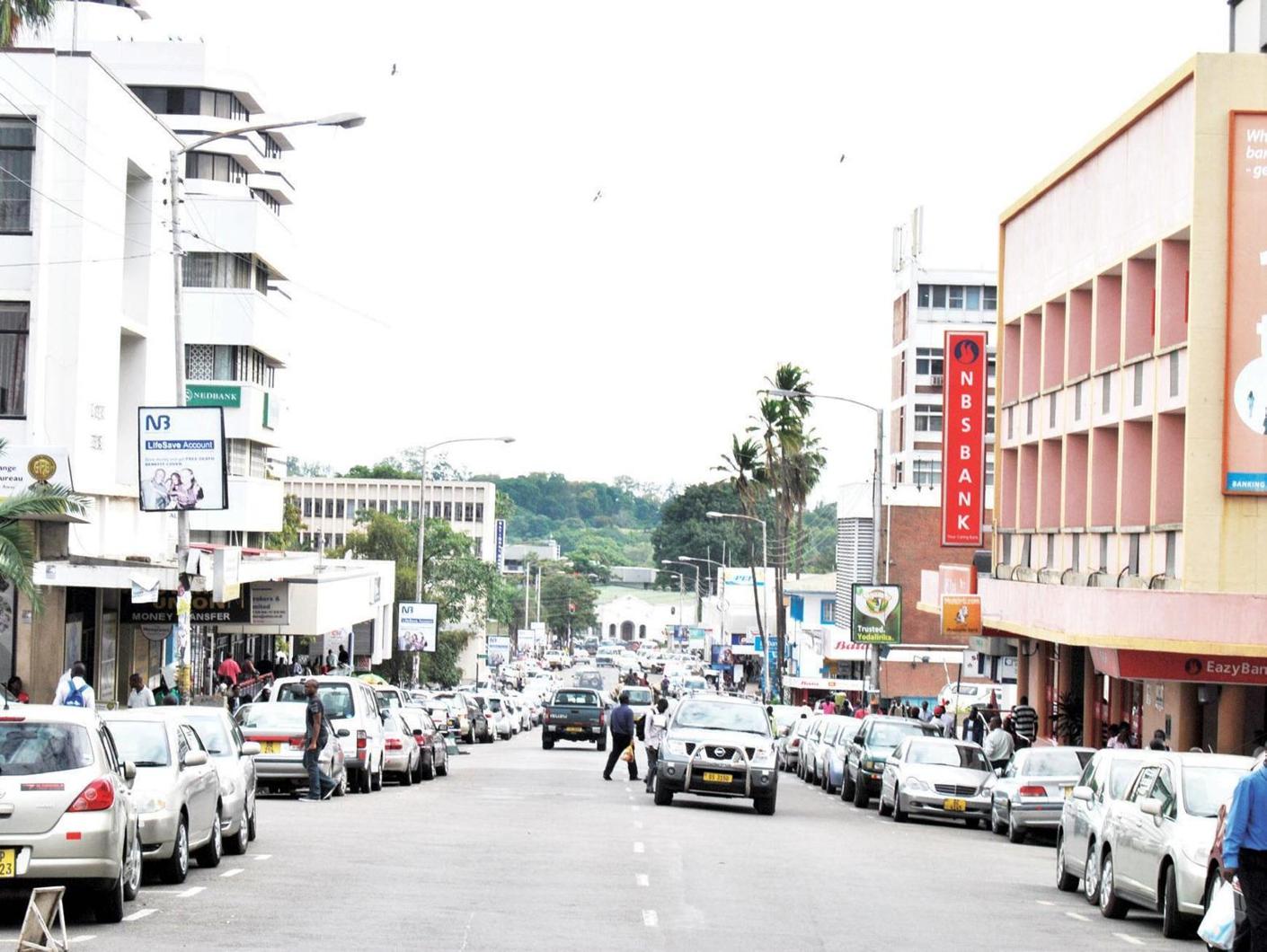Africa-Press – Malawi. Commercial banks continued to channel more credit towards community, social and personal services, seen at 30.3 percent in the first quarter of 2022, compared to other ‘productive’ sections of the private sector.
This is according to figures contained in the Second 2022 Monetary Policy report by the Reserve Bank of Malawi (RBM). According to the report, the annual growth in private sector credit edged up to 18.6 percent in December 2021 from 15.3 percent in November 2021.
The central bank says, apart from community, social and personal services, credit concentration is also in wholesale and retail trade at 22.6 percent; agriculture, forestry, fishing with hunting at 16.2 percent; and the manufacturing sector being the lowest at 8.7 percent.
Financial Market Dealers Association of Malawi President McLewen Sikwese believes the escalating cost of living has pushed individuals that had little to no borrowing appetite to access loan facilities that have always been available at their banks.
Sikwese added that, conversely, companies’ financial performances have suffered over the very period from supply chain disruptions and weak demand, hence reduced appetite to borrow as they slowed down operations due to increased uncertainty in the operating environment.
“Considering that borrowing from individuals is mostly for consumption, the immediate impact is the increased demand for goods and services from households (mainly imports) with the medium term impact being the slowdown in the economy as the productive resources of the economy will remain underutilised,” he said.
Economics Association of Malawi (Ecama) says this means that most households in the country cannot sustain themselves using income, hence complementing the income with borrowing, resulting in resources being channeled towards consumption.
Ecama Executive Director Frank Chikuta said the development is a setback to the dream of having an industrious economy with a widened export base that can reduce trade deficit.
“This is not good for promoting production because ideally, credit is supposed to be going to a sector that will grow the economy but this development means we may not achieve the dream of having a predominantly exporting nation,” he said.
Commenting on the matter, Economics Professor from University of Malawi Ben Kalua said the concentration only shows the negative performance of the economy.
Kalua added that a business will rarely borrow and invest in an economy whose performance is questionable and aggregate demand is slow because businesses thrive in healthy economies.
“If such trend continues for the long run, it may even lead to recession because the country’s output production will remain low whereas aggregate demand will continue rising,” he said.
Justin Mkweu is a fast growing reporter who currently works with Times Group on the business desk. He is however flexible as he also writes about current affairs and national issues.
For More News And Analysis About Malawi Follow Africa-Press






